4. The Brewing Process
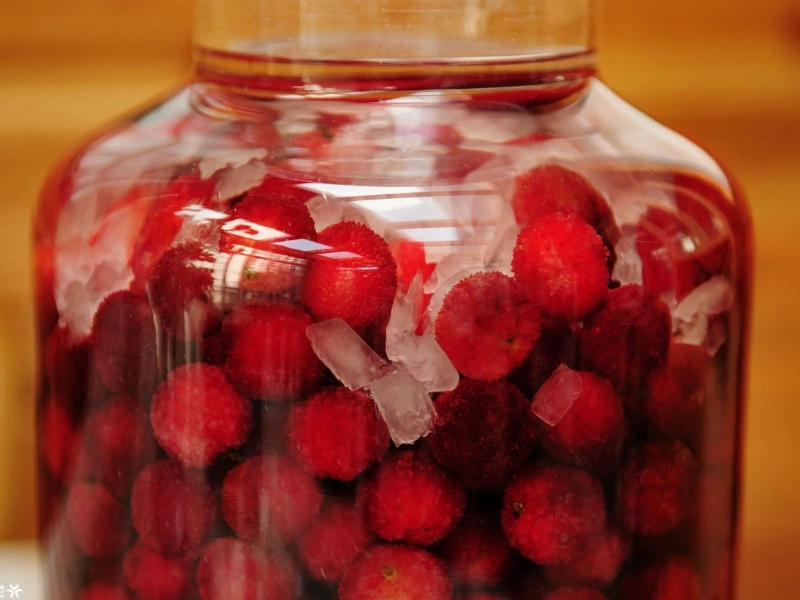
Making plum wine just requires a few important stages in a simple technique. The brewing process starts after your plums and tools are ready. This is a detailed walk-through method for creating great plum wine just at home.
Start by giving your plums careful cleaning. Eliminate the seeds then cut the plums half or quarter. During fermentation, this will help their juices come free.
To extract the juice, run the ready plums through a juicer or blender. Should you want a more rustic style, hand mashing the plums in a bowl can help. The fruit should be broken down such that the most juice can be released.
Combine plum juice with water and sugar in your fermenting vessel. Your taste tastes and the plums' sweetness will determine the sugar level. Starting from roughly one to two cups of sugar for every gallon of juice is a suitable basis. Whirl the mixture until the sugar dissolves completely.
It is time to add the yeast once your mixture is properly blended. Use a wine yeast meant especially for fruit wines since it will improve the fermenting mechanism. Use the recommended proper amount following package directions. To include the yeast into the mixture, stir just lightly.
An airlock will let gases escape from the fermenting tank while preventing contamination. Ideally, the vessel should be in a cool, dark space with a steady temperature—between 60 and 75°F (15 and 24°C). Check often for indications of fermentation, such bubbling or froth, as the mixture ferments for one to two weeks.
It's time to syphon the wine into another fresh vessel after fermentation slows down, leaving any sediment at the bottom behind. Known as racking, this procedure clarifies the wine.
Depending on your taste, let the wine age for several weeks to many months after racking. A smoother wine comes from ageing allowing the flavours to deepen and mellow.
These guidelines will help you to be on your way to produce your own great plum wine. Though the fermentation and ageing processes call for patience, the end outcome will be well worth the wait. Brewing is a rewarding pastime since every stage of the process presents a chance for improvement of your technique.
Advertisement
Recommended Reading: The Magical Powers of Dragon Fruit: Beauty and Health Secrets!
You are viewing page 4 of this article. Please continue to page 5




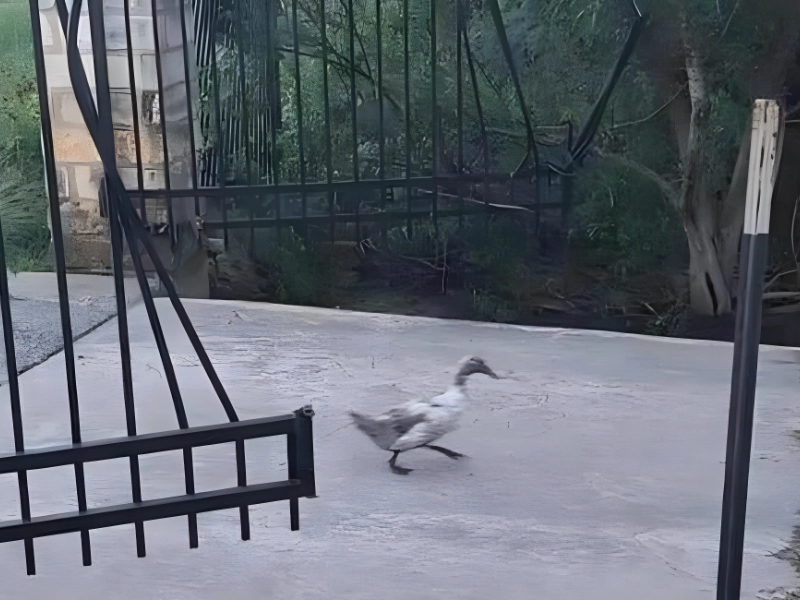










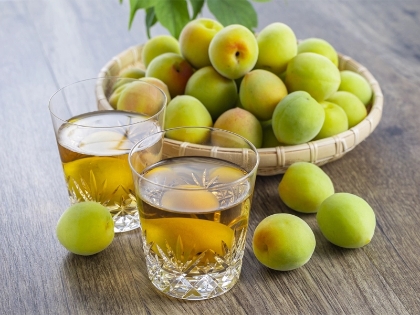


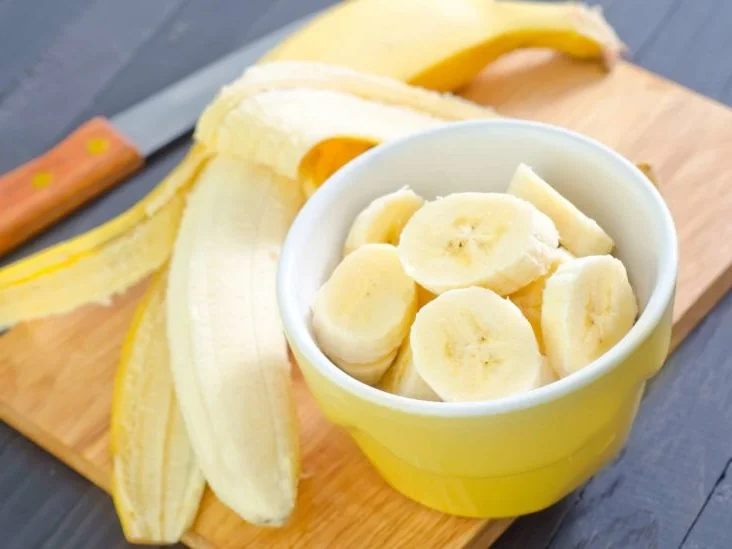
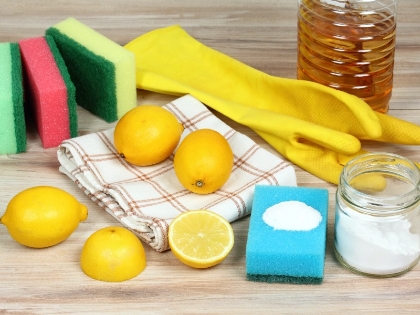
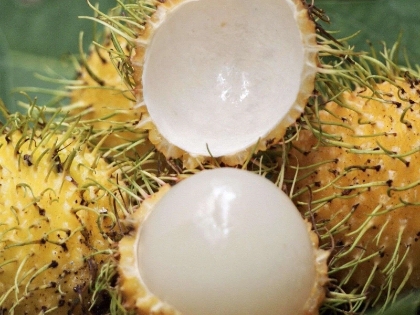

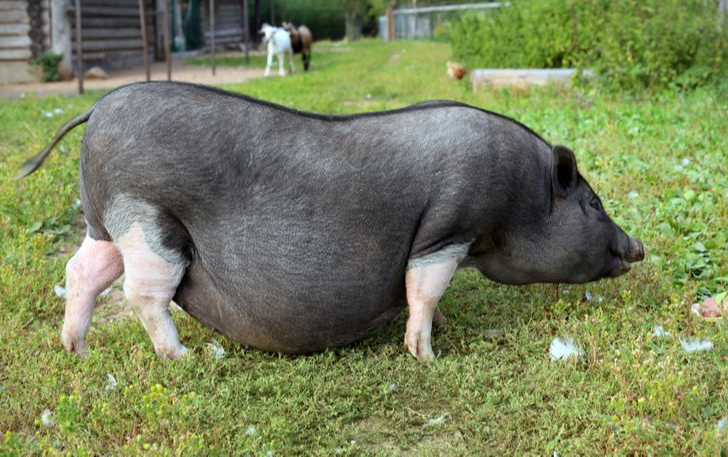



Comments
Leave a Comment
Your email address will not be published. Required fields are marked *